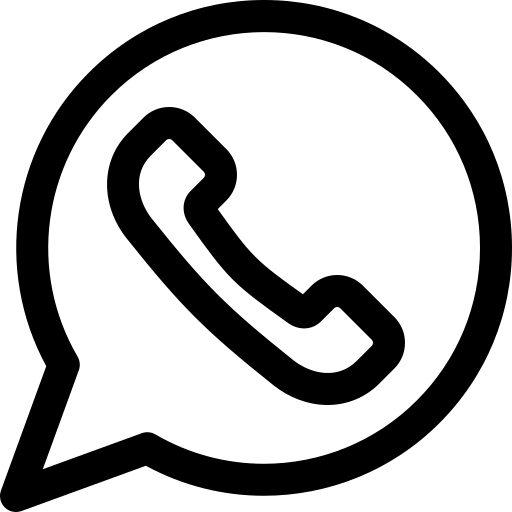In front of the current international situation, characterized by the growth of instability in social, political
and economic terms, this 4 days-long seminar intends to reflect on the vital connection between social
justice and freedom, by investigating a series of European socialist thinkers of the past century, through
a historical-political approach. For every thinker selected, the seminar will illustrate his peculiar way of
interpreting the issue of social justice and freedom, considering his socialist and democratic vision, while
paying attention to the way in which each of these thinkers sought to give an effective response to the
most relevant challenges of their time: from the rise of Fascisms to the threat of a nuclear war, from the
integration of the working class to how to build a truly just and free society. The objective is to develop a
critical reflection on the never-ending issue of social justice starting from the intellectual works of the
following relevant thinkers, who deserve our attention still nowadays.
1st day: introduction to the seminars. A seminar-lesson devoted to the figure and work of the anti-fascist
GAETANO SALVEMINI, while outlining the rise and aftermath of Fascismo Italiano. The objective is to
discuss his anti-Fascist commitment and his democratic socialism.
2nd day: A seminar-lesson on CARLO ROSSELLI, another key figure of Italian anti-Fascism and theorist
of Liberal Socialism, an original attempt to rethink the centrality of the principle of freedom within socialist
tradition.
3rd day: A seminar-lesson on GEORGE ORWELL, journalist and Socialist militant who opposed
Fascism, Stalinism, while believing – similarly to Rosselli and Salvemini – in the interconnection between
social justice and freedom. Most importantly he offers us a sharp and original analysis and interpretation
of 20th century totalitarianisms.
4th day: A seminar-lesson on BERTRAND RUSSEL, a philosopher, mathematician, and intellectual who
theorized and professed a humanitarian and cosmopolitan socialism by relating the latter to the value of
peace.
For the last day of the seminar-series students will be asked to critically reflect on the thinkers discussed
in class, by working in groups. Each group will be asked to identify the major points of strength and
weaknesses concerning the four authors’ work, while discussing what they think is the most significant
political message that we can learn from them in relation to our present.
The students will be provided with written materials on the thinkers discussed to work in class and make
the seminars interactive.
At the end of the seminars, students will be also provided with the slides used by the teacher in class.
Bibliografia
S. Audier, The Liberal Socialism of Carlo Rosselli and Reformism, “Mil Neuf Cent. Revue d’Historire
intellectuelle, vol. 30, 1, 2012, pp. 115-132.
A. Catanzaro-S. Lagi (ed. by), Monisms and Pluralisms in the History of Political Thought, Novi Ligure,
Epoké, 2016.
N. Fraser, Capitalism: A Conversation in Critical Theory, Cambridge, Polity Press, 2018.
G. Killinger, Gaetano Salvemini: a Biography, Westport. Conn., Praeger, 2002.
G. Orwell, Politics and the English Language, London, Penguin Books, 1946
G. Orwell, 1984, London, Penguin Books, 2018
C. Rosselli, Liberal Socialism (1930), ed. by N. Urbinati, Princeton, Princeton University Press, 2017
B. Russell, Philosophy and Politics, Cambridge, Cambridge University Press, 1946
G. Salvemini, The Fascist Dictatorship in Italy, New York, Henry Holt, 1927
A. Woloch, Or Orwell. Writing and Democratic Socialism, Harvard, Harvard University Press, 2016



.png)

